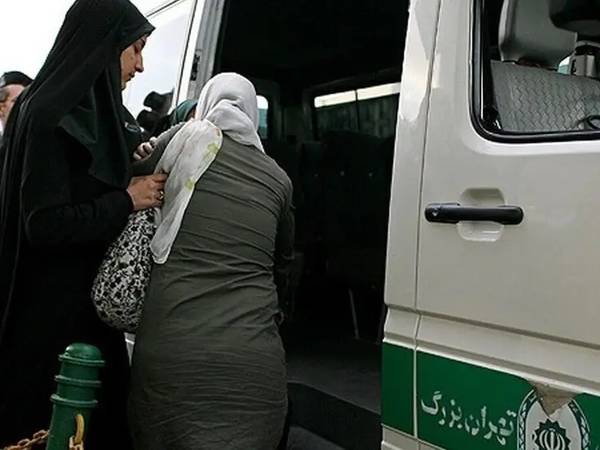Iran’s new chastity and hijab law has drawn criticism from journalists and activists who warn it represents a new weapon in the state's arsenal against women which could authorize extreme punishments including the death penalty and flogging.
The new Hijab and Chastity law, approved by parliament in September 2023 and finalized by the Guardian Council in September 2024, enforces compulsory hijab with harsher penalties, including hefty fines, longer prison sentences, and restrictions on employment and education.
Two particularly extreme provisions in the new law were highlighted by human rights advocate Shadi Sadr on Friday.
One grants the judiciary authority to issue death sentences to individuals accused of promoting nudity, unveiling, or improper attire in collaboration with foreign entities, classifying such acts as "corruption on earth".
As reported by Revolutionary Guards Corps-affiliated Fars News, a clause in the new Hijab and Chastity law reads: "Anyone who, in collaboration with foreign governments, networks, media outlets, groups, or organizations hostile to the state, or with individuals associated with them, or in an organized manner, engages in promoting or advertising nudity, immorality, unveiling, or improper attire shall be sentenced to fourth-degree imprisonment and third-degree fines, unless their crime falls under Article 286 of the Islamic Penal Code."
Article 286 of the Islamic Penal Code defines "spreading corruption on earth", which is punishable by death. If authorities interpret a hijab violation as falling under this article, it could lead to a death sentence.
The other provision ensures that flogging continues to be a punishment for women who fail to comply with hijab regulations.
Under Article 638 of Iran's Islamic Penal Code, any act deemed “offensive” to public decency is punishable by a prison term ranging from 10 days to two months, or by up to 74 lashes.
"The new law explicitly legalizes the violent repression of personal freedoms, escalating an already brutal system of control," Sadr said in a post on X Friday.
Masih Alinejad, journalist and women’s rights activist, called the legislation "a deliberate, calculated weapon to crush women, silence voices, and obliterate the fight for equality."
"This is not a law; it is a tool of terror," she added. Alinejad urged global solidarity, calling on women and men alike to stand united against what she described as "gender apartheid" imposed by the Islamic Republic.
Silence and control
Over 140 Iranian journalists , including veteran and well-known figures, decried the law in a joint statement, warning it will lead to widespread violations of fundamental rights, including privacy, basic freedoms, and protections for women and children.
"We warn that the 'hijab law' is a widespread violation of fundamental citizen rights," they said in their statement Friday, also criticizing the law for threatening press freedom and contradicting constitutional and international obligations.
Iran's Guardian Council approved the controversial hijab law in mid-September, typically requiring the president to formally communicate such laws to government agencies for implementation within days. However, President Masoud Pezeshkian has yet to take this step. The law is now set to be referred to him on December 13, giving him five days to sign and implement it.
If the president does not proceed, the responsibility falls to parliament speaker Mohammad Bagher Ghalibaf, who recently suggested that the announcement and enforcement of the legislation had been postponed due to “security concerns linked to the anniversary of the 2022 protests.”
With this the law's future remains uncertain, as critics both within and outside Iran continue to raise alarm over its potential consequences and call for action opposing it.
